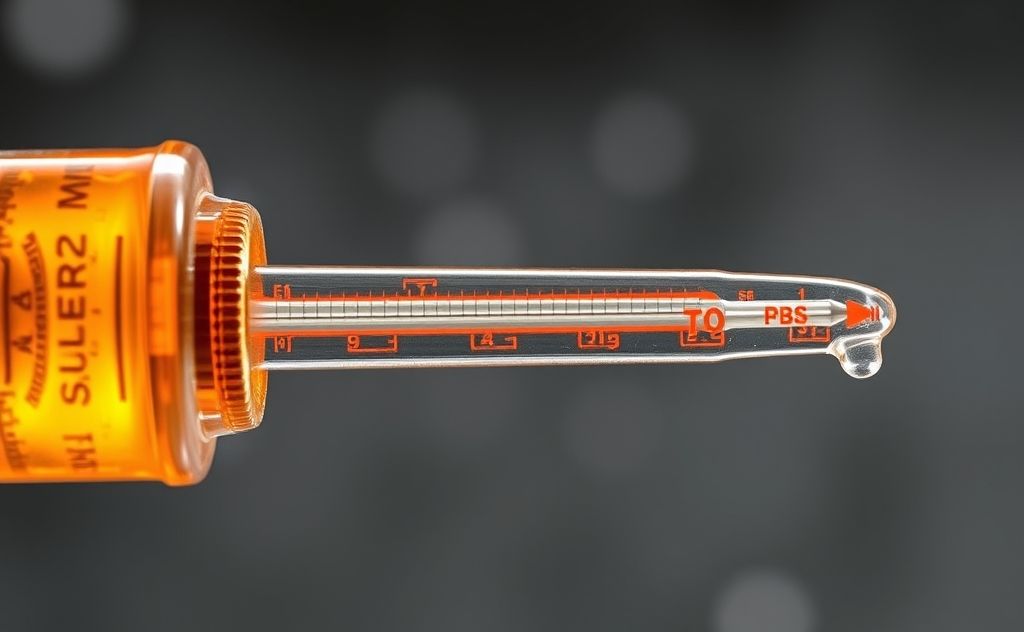Temperature significantly affects enzyme activity, with higher temperatures increasing reaction rates up to an optimal point before denaturing the enzyme, reducing its effectiveness.
Temperature plays a critical role in enzyme function, directly impacting reaction rates and structural stability. Understanding this relationship is essential for fields ranging from biochemistry to industrial applications.

The Science Behind Temperature and Enzyme Activity
Enzymes are biological catalysts that speed up chemical reactions without being consumed. Their activity is highly sensitive to temperature changes due to their protein structure.
Molecular Effects of Temperature Changes
Temperature influences enzymes through two primary mechanisms:
- Kinetic energy of molecules increases with temperature
- Protein structure stability decreases at extreme temperatures
Low Temperature Effects
At lower temperatures (0-10°C):
- Molecular movement slows significantly
- Fewer successful collisions between enzymes and substrates occur
- Reaction rates decrease substantially
This explains why refrigeration preserves food – it slows enzymatic decay processes. Some specialized enzymes, like those in Arctic organisms, have adapted to function at these lower temperatures.
Optimal Temperature Range
Most human enzymes function best around 37°C (98.6°F). In this range:
| Temperature | Activity Increase |
|---|---|
| +10°C | 50-100% more activity |
| +1-2°C | 10-20% more activity |
The Q10 rule states that reaction rates typically double for every 10°C increase in temperature within this optimal range.
High Temperature Effects
Above 40°C for most enzymes:
- Weak hydrogen bonds begin breaking
- Protein structure unravels (denaturation)
- Active site shape distorts
- Activity drops sharply
This denaturation is often irreversible, unlike the temporary slowing at cold temperatures. Industrial applications must carefully control temperatures, as seen in water heater thermostat systems.

The Equilibrium Model of Enzyme Temperature Dependence
Recent research has developed the Equilibrium Model to better explain temperature effects:
- Active enzyme (Ea) reversibly converts to inactive form (Ei)
- Inactive form then irreversibly denatures (X)
This model explains why enzyme activity peaks at certain temperatures before declining sharply.
Key Thermal Parameters
The Equilibrium Model identifies several critical temperature points:
- Teq: Temperature where Ea and Ei concentrations are equal
- Topt: Temperature of maximum activity
- ΔHeq: Enthalpy change of the Ea↔Ei equilibrium
Practical Implications
Understanding temperature effects has numerous applications:
Medical and Biological
- Fever responses alter enzyme activity
- Cold-blooded organisms adapt enzyme sets to environment
- Food preservation techniques
Industrial Applications
- Bioreactors require precise temperature control
- Industrial processes optimize enzyme efficiency
- Pharmaceutical production maintains enzyme integrity
For example, research from the University of Bath has shown how extremophile enzymes can inspire industrial processes at unusual temperatures.
Temperature Extremes and Enzyme Adaptation
Some organisms thrive in extreme temperatures:
Thermophiles
Heat-loving organisms (45-122°C) have enzymes with:
- More ionic bonds
- Compact structures
- Specialized amino acid sequences
Psychrophiles
Cold-adapted organisms (-15 to +10°C) feature enzymes with:
- More flexible structures
- Reduced hydrophobic cores
- Surface modifications
According to Creative Enzymes research, these adaptations allow function in environments that would denature typical proteins.
